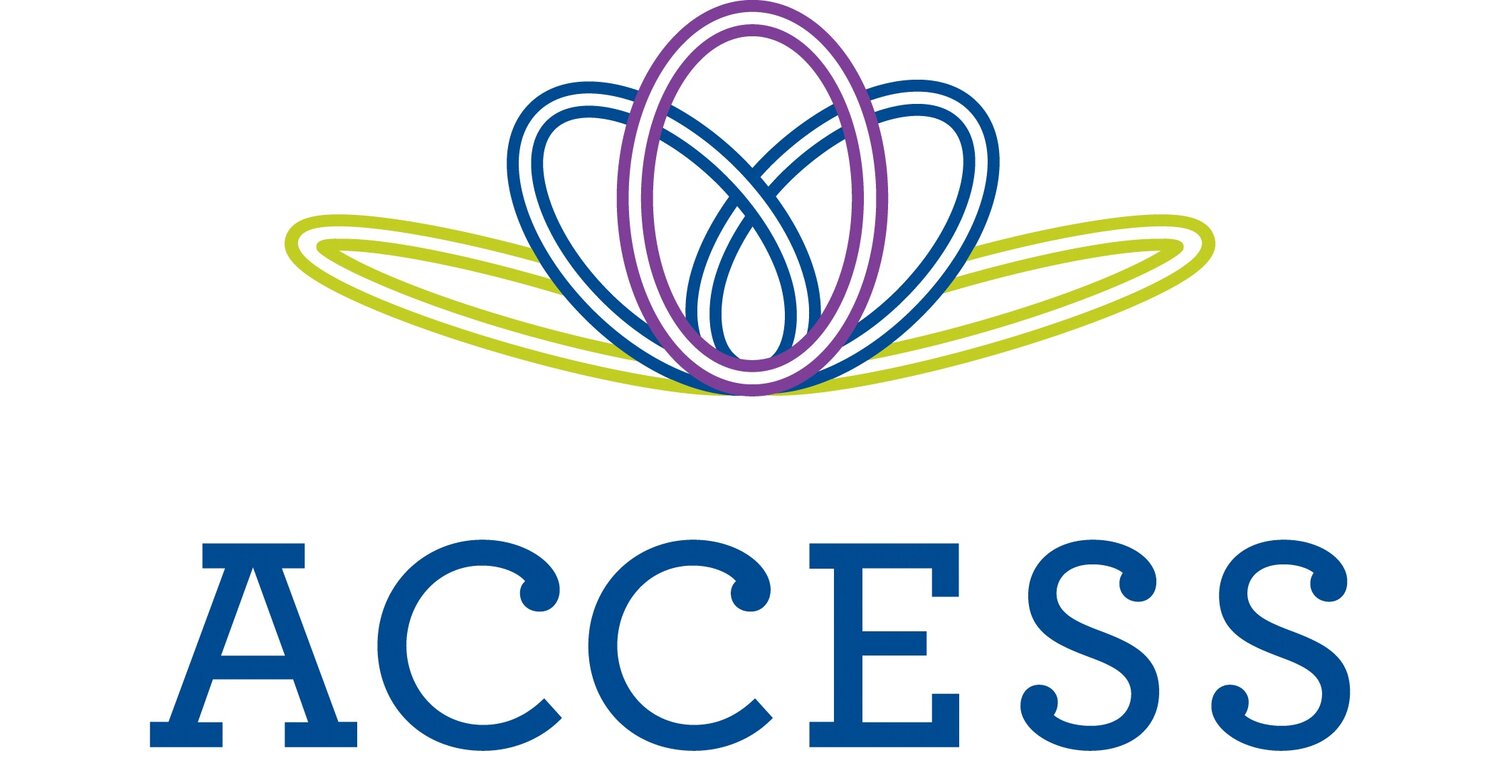Karen
A paper key, decorated on Karen's last day, hangs in the shelter. Each key represents a resident that has moved into permanent housing this year.
It was love at first sight when Karen saw her charming new apartment for the first time. It was the perfect place to call home, and she was delighted by the large closets which the apartment had to offer.
She signed the paperwork, moved her belongings, and began to settle into her new home. Before long, Karen received a startling notice from the apartment complex, an eviction notice. In complete disbelief, Karen learned that she had been a victim of Section 8 fraud. Her "landlord", to whom she had been paying rent, was actually the tenant of record on the lease.
Section VII of Title 24 of the Code of Federal Regulations is a voucher program operated by the U.S. Department of Housing and Urban Development, commonly known as section 8 assistance. The voucher program is designed to help low-income, elderly, and disabled people afford safe and sanitary housing. Karen had unknowingly been subleasing the apartment of a tenant receiving Section 8 assistance, therefore disqualifying the tenant from the program, and making her an unauthorized guest on the property.
“When the authorities found out, they gave me a deadline to move out. I applied to remain there, but I didn’t make enough money. My lawyer gave me the name of ACCESS. I slept in my car for two days and then I came to the shelter,” said Karen.
Karen arrived at ACCESS scared and unsure of where to turn.
“It was just a place to stay because I didn’t have one, but then I met Denise, my case manager, and she began giving me apartments to look at,” said Karen.
Due to her poor credit history, Karen was turned down by numerous landlords before finding success with Akron Metropolitan Housing Authority (AMHA). AMHA provides quality, affordable housing and serves as a platform to develop people, property, and community. Therefore, there are three requirements all applicants must meet to be eligible, for housing: pass a criminal background screening, pay all previous balances owed to AMHA, and meet HUD-established income limits. Those in need of housing can apply online and are placed on a waiting list. The wait for housing can take up to 3 years, but due to Karen’s status as a shelter resident, she was able to advance through the list within months.
“The feeling I had when I learned I was getting an apartment," Karen stated, "I can’t describe it. It was just a happy, happy moment. The first people I wanted to tell were the people at ACCESS. I told them before I told my own family. ‘I’ve got an apartment, it’s mine!’"
During her stay at ACCESS, Karen was eager to participate in the programming available to residents, including a financial literacy class where she learned how to budget and take control of her finances.
"To make a long story short, the people I met here, the staff, were the most wonderful people I have ever met. They were good to me, they never disrespected me. They were all extremely helpful, and I appreciate the treatment I got here,” said Karen. “It was a humbling experience. I don’t want to come back here to live here, but anything ACCESS ever needs or wants me to do, I’ll do it.”

